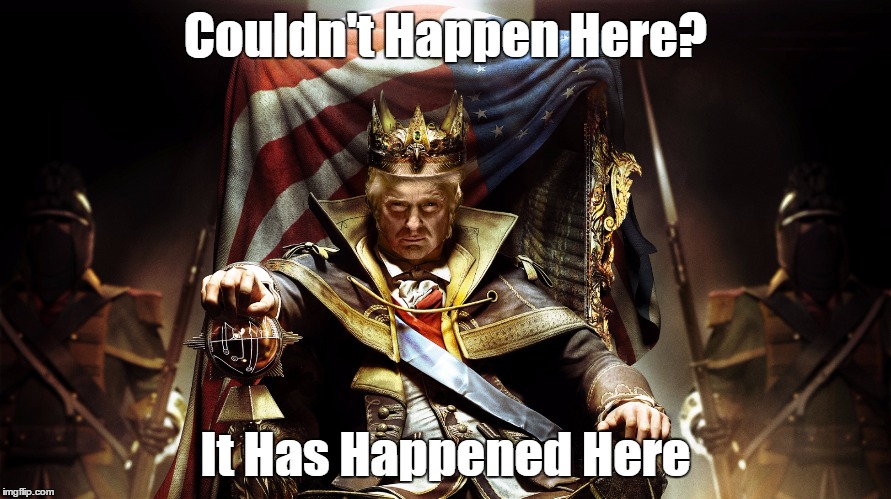
Carl Jung Quotations
Since my teens, I have been fascinated by paradox --- particularly the paradoxes expressed in The New Testament and the writing of G.K. Chesterton.
When I first learned about enantiodromia (and its paradoxical nature), I felt Jung was onto something as profound as it was "invisible."
Hidden in plain sight.
When I first learned about enantiodromia (and its paradoxical nature), I felt Jung was onto something as profound as it was "invisible."
Hidden in plain sight.
In the main, human beings are plodding incrementalists with little taste for views and truths that "upset the apple cart."
Trump has upset the apple cart.
It seems that the United States is undergoing a sharp, sudden, enantiodromic shift from "Liberal Democracy" to "Plutocratic Authoritarianism."


Alan: Although I have always admired Jung for tracking down and taxonomizing "enantiodromia," it is an everlasting pity that this critically important phenomenon does not have a name that is catchier, easily-pronounced and more memorable.
A.Word.A.Day -- enanti
|
2:12 AM (6 hours ago)
 |   | ||
| Wordsmith.org | The Magic of Words |
May 31, 2018
This week’s themeThere’s a word for it
This week’s words
metanoia
cremnophobia
ochlocracy
enantiodromia
in our discussion forumWordsmith Talk






A.Word.A.Day
with Anu Gargenantiodromia
PRONUNCIATION:
MEANING:
noun: The tendency of things, beliefs, etc., to change into their opposites.
ETYMOLOGY:
From Greek enantio- (opposite) + dromos (running). Earliest documented use: 1917.
NOTES:
You can keep going up a mountain, but once you hit the peak you can only go down. A pendulum moves in one direction, but once it has reached its rightmost it travels left. So it goes with beliefs, ideologies, and politics, apparently. Once we have elected a black man as a president, we have to pick someone with a long sordid record of discrimination.
The concept of enantiodromia is attributed to the Greek philosopher Heraclitus (c. 535-475 BCE). Later it was discussed by the psychiatrist Carl Jung (1875-1961) as “the principle which governs all cycles of natural life”.
The concept of enantiodromia is attributed to the Greek philosopher Heraclitus (c. 535-475 BCE). Later it was discussed by the psychiatrist Carl Jung (1875-1961) as “the principle which governs all cycles of natural life”.
USAGE:
“The union that Philip Murray had founded in 1936 as a way of combatting the wretched excess of management had come full circle in the cycle of enantiodromia, and had fallen victim to its own wretched excess.”
Tom O’Boyle; Excess, the Golden Rule; Pittsburgh Post-Gazette; Sep 4, 1994.
Tom O’Boyle; Excess, the Golden Rule; Pittsburgh Post-Gazette; Sep 4, 1994.
A THOUGHT FOR TODAY:
I never would believe that Providence had sent a few men into the world, ready booted and spurred to ride, and millions ready saddled and bridled to be ridden. -Walt Whitman, poet (31 May 1819-1892) 
No comments:
Post a Comment